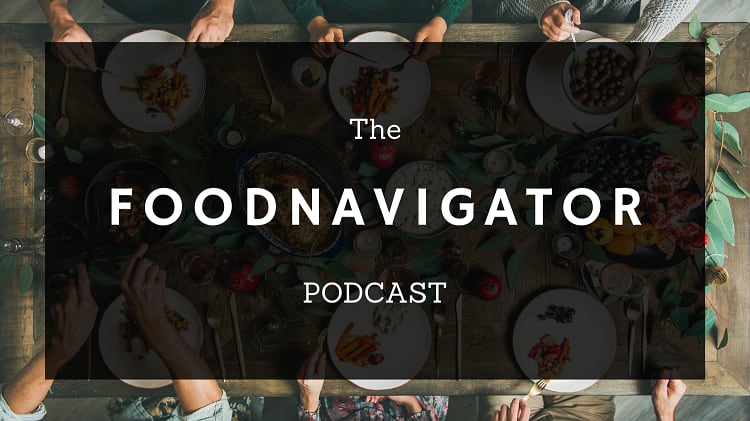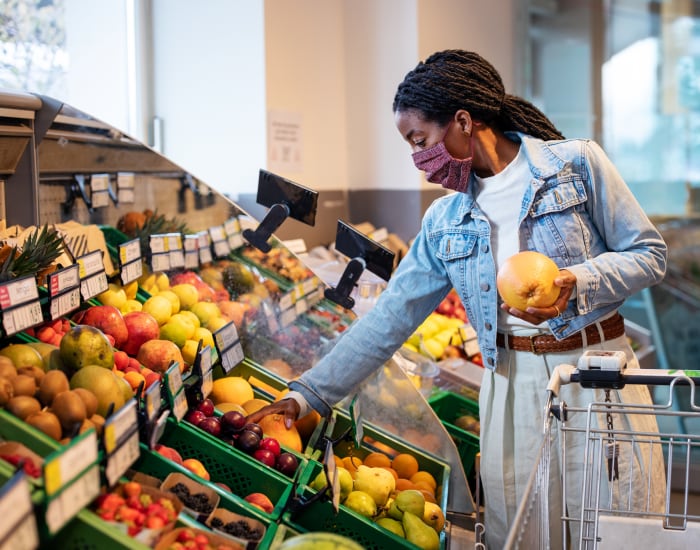The UK’s new HFSS rules will impose media and promotional restrictions on 'unhealthy' products. Volume promotions, such as buy-one-get-one-frees and two-for-one deals, will no longer be allowed; a ban will come into force on HFSS products being placed in secondary promotional locations; and the marketing of HFSS products will no longer be permitted in digital and pre-watershed TV.
“It has fundamentally changed the landscape. Now, there is a very firmly set position that the industry has responsibility for what it does, that the industry has a significant amount of resistibility for the health and wellbeing of the nation’s children, and the industry has an obligation to act in a responsible manner,” Dan Parker project lead on Veg Power told the FoodNavigator podcast.
Veg Power is a non-profit that aims to promote the consumption of fruit and veg among primary school aged children by supporting the development of an enabling food environment. It’s national marketing campaign and schools programme, Eat Them To Defeat Them, is gearing up to enter its fourth year. Twenty-one percent of children who have been reached by the TV and social activation report eating more veg, a number that rises to 59% of children who have also participated in the schools programme.
Parker believes that the new HFSS restrictions suggest a willingness among UK regulators to take a more interventionist role in shaping how the nation’s children eat. “It’s a landscape change that is going to shape what regulation looks like for years to come now. It’s a total game changer. The industry needs to understand that and respond to it in a really positive way.”
If the industry fails to respond positively, this could well take the sector down the path of increased regulation, he predicted.
“Where the industry is not entirely responsible it will get regulated…. The government want to empower consumers to make healthy choices. If they feel the industry is pushing against that I think they’ll find the regulation boot comes down very, very hard.”
Dominie Fearn, founder of challenger brand The Wild Hare, agrees that the regulation could help shift the food environment. “It’s a superb thing that’s happening. It will start to accelerate the marketplace away from [unhealthy kids food].”
Today, she said, the poor nutritional quality of many products targeted at children ‘amazes’ her.
Fearn explained that one barrier her business faces is that there is seemingly a price cap on what people are willing to pay for food targeted at children, one not seen in the adult space. “When children’s food comes with high nutrition and high quality, it costs more. We seem to not want to pay that for what is fundamentally our children’s nutrition.”
The solution to help nutritious children’s brands build scale could be seen in the margin large supermarkets take on more nutritious products, she suggested.
Fearn would also like to see further government action, with the possibility of developing more guidance on what children should – and shouldn’t – eat.
“From the regulations that will come… I think then we will start to see the acceleration naturally towards better nutritional guidelines and perhaps guidelines for exactly what children need to have to tackle the obesity problem.”
Toddler food maker Organix also welcomes the HFSS legislation. “As a children’s food brand, we will support anything trying to improve the diet and wellbeing of little ones… we welcome the changes that are being made,” Emily Day, Head of Food Development at Organix, explained.
“It’s important that there is clear guidance, and everyone has to adhere to the same practices so that parents can really trust the food brands they are buying.”
The new regime offers healthy kids food brands an important opportunity to support the transition towards better childhood nutrition. Listen in to the full FoodNavigator podcast to hear how.




